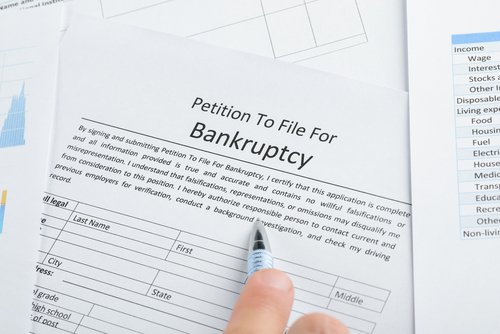Is There a Right Time to File for Bankruptcy?
To file or not to file? It is the big question many struggle to answer when facing financial uncertainty. Maybe you should be asking, is now the right time to file? Timing can be important in certain bankruptcy filing situations. Reviewing your situation with a bankruptcy professional can help you determine whether or not it … Read More












